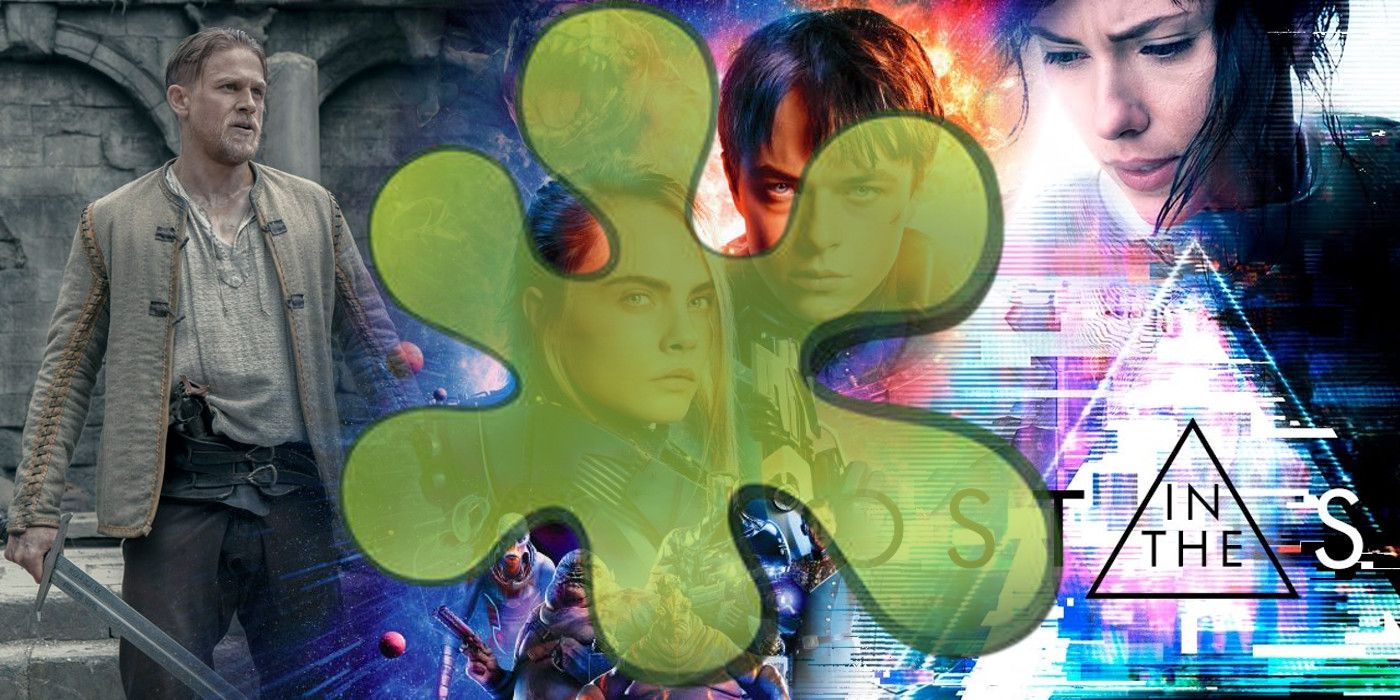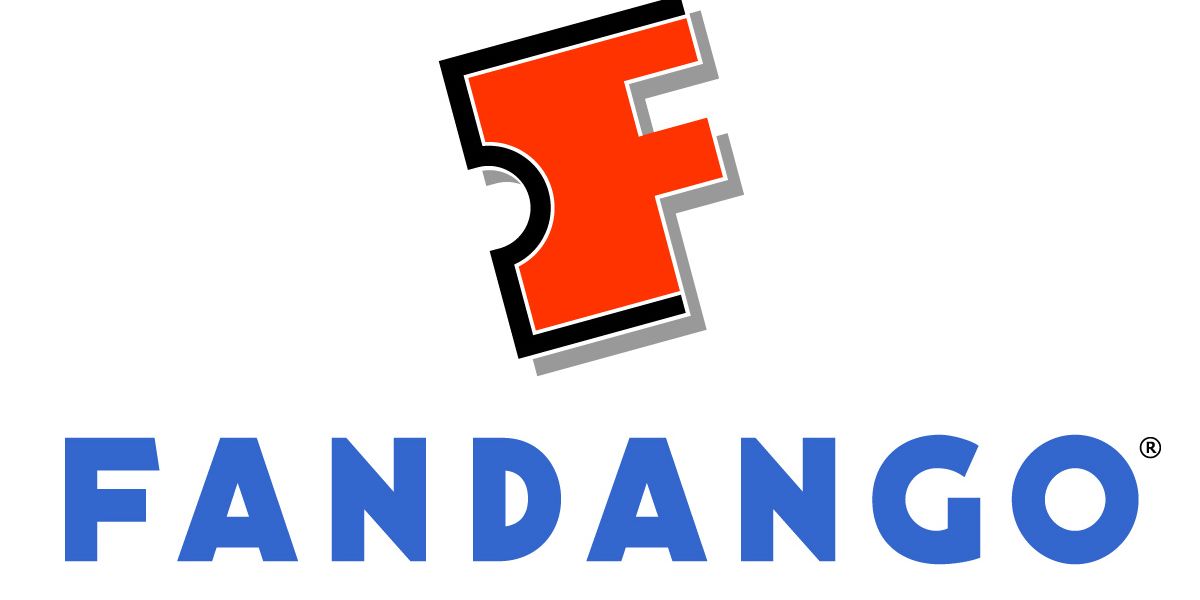Rotten Tomatoes is a major resource for moviegoers, but is it responsible for tanking the 2017 box office? According to The New York Times, the famed movie review aggregate wevsite is the latest scapegoat for Hollywood studio execs looking to account for the paltriest summer box office since 2006. As Variety reported this week, the total annual haul is 6.5% behind 2016, and a total of 14.6% less than last summer alone. Guardians of the Galaxy Vol. 2 and Wonder Woman could only help so much.
As director and producer Brett Ratner said at the Sun Valley Film Festival this spring:
œThe worst thing that we have in today's movie culture is Rotten Tomatoes. I think it's the destruction of our business. I have such respect and admiration for film criticism. When I was growing up, film criticism was a real art¦now it's about a number. A compounded number of how many positives vs. negatives.
As producer of Batman V Superman: Dawn of Justice, perhaps the most publicly trashed blockbuster since Kevin Costner's Waterworld, Mr. Ratner certainly has cause for concern:
œNow it's about, What's your Rotten Tomatoes score?' And that's sad, because the Rotten Tomatoes score was so low on Batman V Superman, I think it put a cloud over a movie that was incredibly successful.
Though BvS grossed over $873 million around the globe, modern blockbusters are tacitly considered failures if they fall short of the billion-dollar mark. Could a shiny red œCertified Fresh tomato have really made the difference between hundreds of millions of dollars in a movie that already featured the iconic Batman and Superman?
That's a stretch, as is the growing blame Hollywood studios have fixated on the mere 36-person staff at Rotten Tomatoes.
To be sure, Rotten Tomatoes is an albatross around Hollywood's neck. However œlayered the company's review-aggregating process may be, the average consumer sees one thing: a percentage. It's a statistic that boils down hundreds of disparate opinions into what Rotten Tomatoes calls the œCritics Consensus. However artfully crafted these single-sentence summaries may be, they take on the role of judge, jury, and executioner. Those who thought Siskel & Ebert's two-thumbs-up system was barbaric now have genuine reason to be concerned.
Indeed, the majority of these one-liners are written by the same Rotten Tomatoes veteran employee, Jeff Giles. It seems the esteemed fraternity of film criticism now has a bureaucratic overlord. In this Orwellian world, all movie reviews are weighted equally, but one review is more equal than others.
Rotten Tomatoes has been around for nearly 20 years, but it's sudden explosion in relevance is perfectly symmetrical to our culture. Alongside the concomitant rise of Facebook and Instagram culture, the desire for popularity in media has never been more pervasive. If a movie gets a high score on Rotten Tomatoes, it becomes an added bonus or perhaps a leading reason to buy a ticket: "Dude, Dunkirk is slaying at Rotten Tomatoes. 93%. I think I really want to see it now."
Thanks to its integration on sites like Fandango, audiences can't even reserve seats without first gazing at the movie's numerical value.
As for the biggest irony of all, Fandango actually owns the majority of Rotten Tomatoes while Warner Bros. also has a significant stake. And who owns Fandango? NBCUniversal, the parent company over Universal Pictures. This may account for the presence of Fandango's user-driven review star system which almost always gives movies a positive spin. Sitting conveniently above the Rotten Tomatoes score, the Fandango fan ratings have proven to give even critically-panned movies like Mortdecai (12%) and The Emoji Movie (8%) a fair shake with 3 and 3-and-a-half-star ratings, respectively.
It's only fitting that the studio-owned Fandango would start pitting aggregated critical reviews against the protelariat. As always, the masses will have their way, as they swept up the critical tomato goo of The Emoji Movie for a $24 million opening weekend.
Rotten Tomatoes may certainly affect a film's total performance, but is it responsible for the withering box office as a whole? Any studio that claims the review aggregator bears such responsibility is abdicating their responsibility to deliver a quality product.
The 2017 box office flops are legion. For every Dunkirk and Spider-Man: Homecoming, there was a King Arthur: Legend of the Sword. Though the titular character successfully retrieved his sword from the stone, the movie's legend will undoubtedly be its colossal failure at the box office. Against a $175 million production budget, director Guy Ritchie's latest pulled in just $39 million in the United States and set up a brutal $150 million loss.
Next to its painful 27% Rotten Tomatoes rating, the Critics Consensus declared the modern take a step back on œwhat made [King Arthur] a classic story in the first place. Is that relatively innocuous one-liner responsible for the film failing to recoup almost all of its initial budget? In 2004, Antoine Fuqua's King Arthur netted a 31% on Rotten Tomatoes and made just $51 million in the United States. Perhaps audiences aren't interested in getting their medieval fix beyond Game of Thrones, and movie studios would be wise to not bet a quarter of a billion dollars (after marketing costs) on reviving that interest.
As for the world of science-fiction, Valerian and the City of a Thousand Planets hardly made a million dollars for every letter in its title. That's bad news for what industry analysts call the œmost expensive indie film ever made." Though international box office has kept the patient alive, Valerian flatlined with $40 million in the domestic box office against its $180 million initial investment.
With a reasonable 51% Rotten Tomatoes score and a Critics Consensus that applauds its œsheer kinetic energy and visual thrills, it still seems difficult to pin box office failure squarely on Rotten Tomatoes. Indeed, director Luc Besson's career has thrived despite rarely wading into the upper ranks of the Certified Fresh. Taken, the Liam Neeson-starrer that Besson co-wrote, grossed $225 million worldwide against a $25 million budget despite garnering just 58% on Rotten Tomatoes.
Even over Labor Day weekend, which had the lowest box office haul in 15 years, critically-suspect movies like The Hitman's Bodyguard (38%) brought home the bacon. Still very much in the midst of its run, the Ryan Reynolds/Samuel L. Jackson starrer has already doubled its production budget with a nice $60 million haul. Many movies can, and do, thrive despite average Tomatometer scores.
It's also true that mid-market films like Atomic Blonde and Baby Driver see revenue boosts due to their high ratings on Rotten Tomatoes. The Charlize Theron-starring action flick received a 75% score and took in $90 million worldwide on a mere $30 million budget. Edgar Wright's Baby Driver cost just a few million dollars more and banked $208 million globally. Using its sterling 93% rating to its advantage, the movie's marketing proudly slapped its Tomatometer score upon its army of trailers and TV spots.
Just as there are many examples of movies that thrived despite bad reviews, the claim that Rotten Tomatoes commands the box office is also contradicted by the well-reviewed movies that bombed. Katherine Bigelow's much anticipated Detroit had everything going for it: a powerhouse story, a Star Wars star in John Boyega, an equally stellar supporting cast, and a 82% Certified Fresh rating on Rotten Tomatoes. Despite all of that, Bigelow's latest made just $16 million back from its $34 million budget. It's the movie everyone thought everyone else was going to see, but no one actually saw. Its box office numbers, like its Rotten Tomatoes score, is just another insignificant number.
For every argument made against Rotten Tomatoes, there's an equally valid counterpoint. If the Tomatometer is indeed affecting the average blockbuster's ability to clear the billion dollar mark, then it's also helping mid-market movies like Dunkirk (93%) make $474 million off a $100 million budget.
This should be music to the major studios' ears. In the wake of the King Arthur, Valerian, and Baywatch flops, Hollywood must realize that throwing cash at recycled concepts is bad cinema and even worse economics. The problem is not with the critics, it's with the creators. Critics have existed since the beginning of time, as Mel Brooks so deftly pointed out in History of the World: Part I. They have written excoriating reviews, booed artists and yes, quite literally thrown vegetables at actors on stage.
Today, all of that vitriol is consolidated on Rotten Tomatoes. While the review aggregator can certainly be punishing to some films, it can also be the savior of others. Studios have become both Jekyll and Hyde in their response to the Tomatometer, but audiences remain unchanged: they want to be challenged, surprised, and ultimately entertained.






